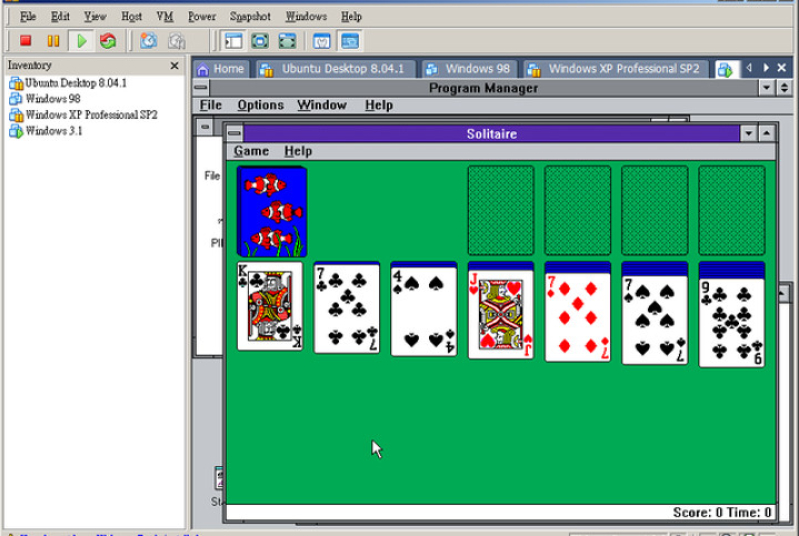
When you peer into the past of Windows-powered computers, what do you see? For many of us, our earliest memory of this Graphical User Interface (GUI) operating system would be playing Solitaire, Minesweeper and FreeCell. Yes, for some strange reason or another, the folks over at Microsoft decided to make sure that these titles will be part of the package deal that came along with the operating system. Since nobody does anything without any good reason whatsoever, why the heck did Microsoft decide to throw in the likes of Minesweeper, Solitaire, and FreeCell?
In fact, there is another interesting fact -- these iconic games, including Hearts in later editions of Windows, have appeared on every single Windows-based operating system over the past two decades, now how about that when it comes to being dedicated to a fault? Were these titles actually thrown into the mix to be part of the entertainment process? If you had thought along such lines, you would be dead wrong.
It seems that the truth has finally surfaced, and that Microsoft actually included these games to be a way to boost computer literacy when it comes to a brand new generation of computer users. Basically, those titles had plenty of drag and drop, and back then, not too many people were familiar with the idea of ‘drag and drop’. Hence, Minesweeper, Hearts, Solitaire and FreeCell all boasted of certain Windows elements such as drag and drop, double clicking, single click, and the works.
Minesweeper was first introduced to the world in 1992 on Windows 3.1, and the main purpose of Minesweeper? To teach people the difference between right and left clicking. It does seem to me that this is a pretty basic concept that even the computer illiterate person should be able to grasp. However, it looks like Microsoft did not want to leave things to chance.
Apart from that, Hearts was also rolled out, hoping to test its updated software systems. Basically, Microsoft was ‘selfish’ in a way that they used Hearts as a method to analyze data processing as well as other kinds of complex, technical items. As the likes of Minesweeper and Hearts actually proved to be so popular (remember how everyone at the office and house wanted to own the Minesweeper records?), Microsoft decided that it would work in their favor to keep all of them in future Windows releases.
Fact is, Windows users were far from happy every time that there has been an effort to get rid of these games. However, all good things must come to an end. When Windows 10 was introduced in 2015, these games were no longer part of the pre-packaged Windows equation. However, Microsoft did not want to upset their users, and put all of these games on the Windows Store for download if you would like to figure out the finer art of drag and drop, left clicks and right clicks.
Do you think that the day will come when Microsoft decides to drop all of these games? Chances are when that day arrives, users themselves will program these games and put it up as a free download.







